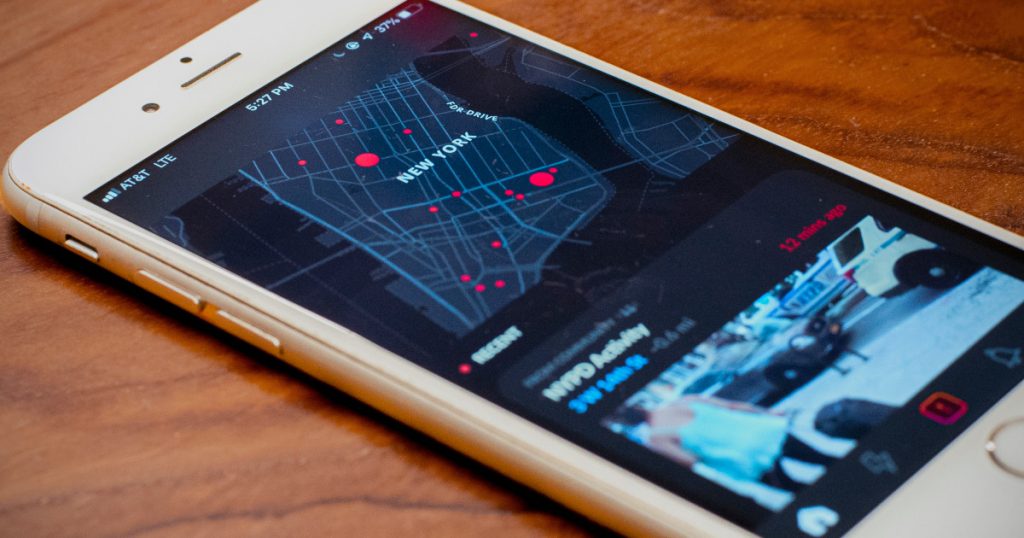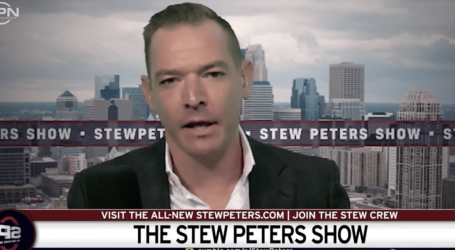Is Social Media Making Us Afraid?
Mark Helenowski
Abigail Weinberg reports that a banned iPhone app called Vigilante has been rebranded as Citizen:
Now, the app is back up and running in New York, San Francisco, Baltimore, Los Angeles, and Philadelphia, where it operates with a nearly identical layout and the stated mission “to keep people safe and informed.”
Users who have turned on push notifications receive alerts, often multiple times a day, about the most pressing nearby incidents, determined using geo-tracking data based on the locations of users’ phones. The app’s homepage shows a map of a user’s metro area where red dots correspond with the locations of incidents. Clicking on a dot (or a mobile push alert) brings up an incident page with details about the emergency and the number of people notified, a chatroom, and a “whoa” button users can click to express amazement. There’s also a “record” feature that lets users stream video of incidents happening near them. All together, the app gives users a mix of verified and crowdsourced information about neighborhood emergencies.
This is a lot like Nextdoor, the “social networking app for neighborhoods,” which allows neighbors to chat about whatever’s on their minds. And what’s on their minds, it turns out, is often local break-ins, police activity, and “suspicious” folks who have been sighted. The result is to make everyone more paranoid.
A couple of years ago a friend installed one of those video doorbell devices that allows you to use your smartphone to see who’s knocking on the door. We both live in Irvine, which is famously one of the lowest crime cities in America, so I asked her why. Over and over, the answer was that some guy a couple of streets over had almost had his house broken into. I pressed a little bit, but that was pretty much it. She had probably heard about it via Nextdoor or some similar app and couldn’t get it out of her mind.
Different people have different levels of concern about crime, and that’s fine. It’s what makes the world go round. But I would love to see a PhD student do some research on this topic. Do apps like this stoke fear? Or is it only the fearful who get them in the first place? Is there any correlation between racial diversity and use of these apps in a particular neighborhood? Etc.
A decade ago I would have asked these questions about the insane preoccupation of local news programs with crime reporting. But times change, and social media has taken over that function for a lot of people. We ought to be interested in exactly what kind of impact they really have.





